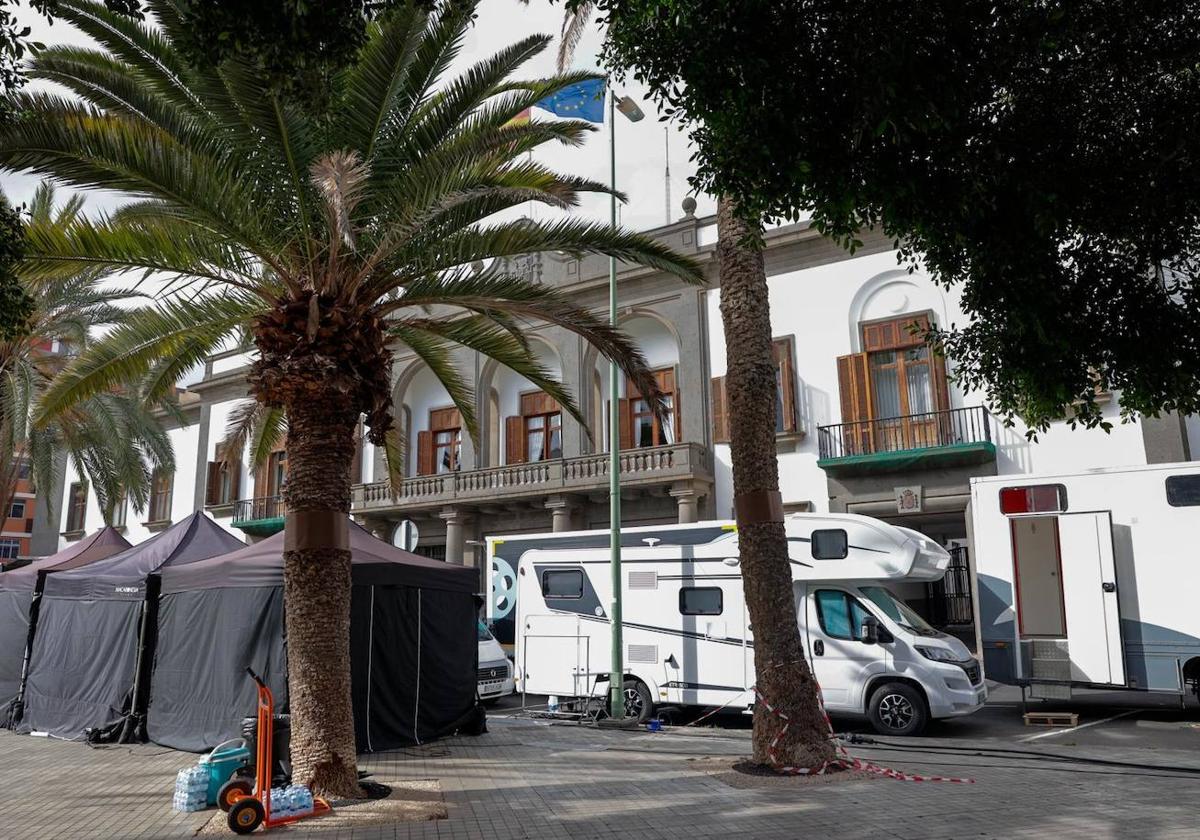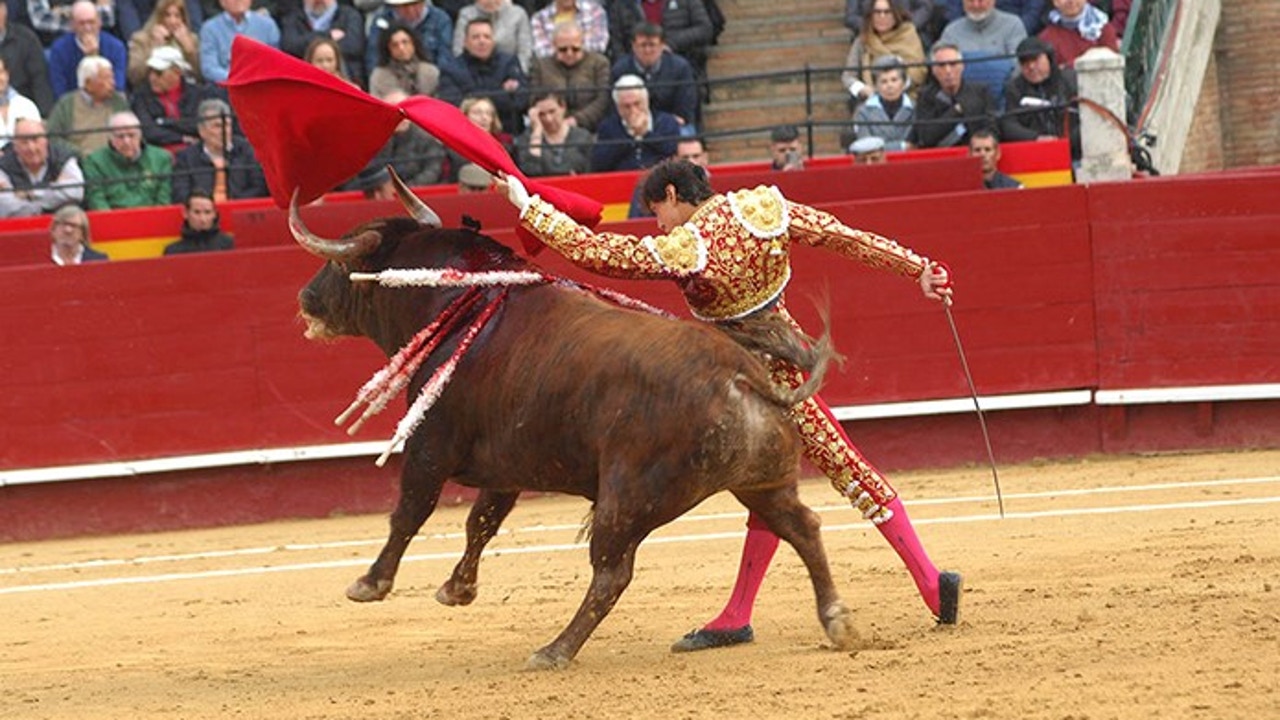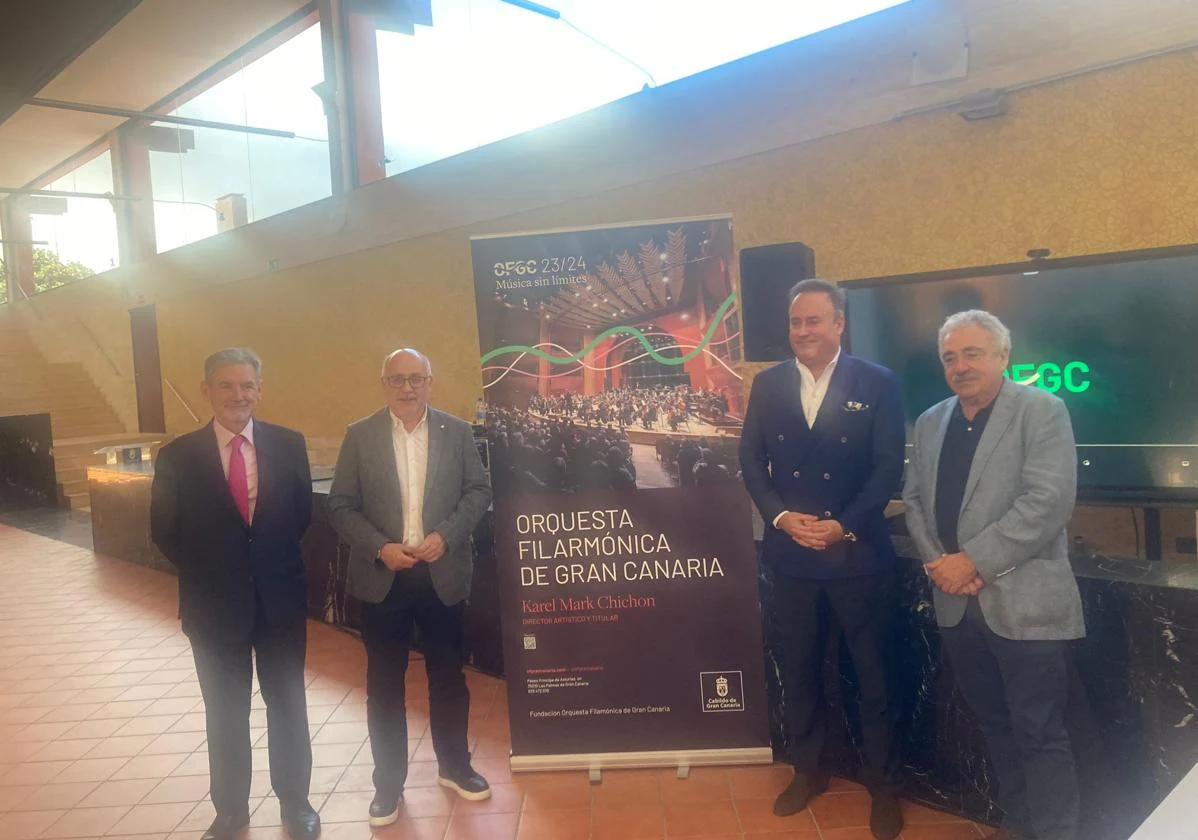The dangers of exposing Taylor Swift, her private jet and harmful 'luxury emissions'

The climate crisis has not started this week, but its palpable consequences added to the package of public policies that governments such as Spain are taking have turned the issue into the front page of the media. All disasters, climatic or not, have their straw men, people to point to, and one of the candidates has been Taylor Swift.
The American singer is the one who has made the most flights aboard her private jet in 2022, but she is not alone. The ranking of ten celebrities, published by the yard company and calculated by the Celebrity Jets bot, it has had a great impact. Behind Swift appear producer Jay-Z, husband of Beyoncé, film director Steven Spielberg or presenter Oprah Winfrey, each emitting between 4,000 and 7,000 tons of carbon dioxide (CO2) into the atmosphere.
The calculations are carried out by Jack Swenney, a 19-year-old programming student who was offered $5,000 by Elon Musk if he stopped tweeting about the carbon footprint of celebrity private flights. He not only refused, but your automated Celebrity Jets profile adds thousands of followers. Disseminate takeoff and landing location, aircraft model, travel time, amount of CO2 emitted and owner of the jet. That doesn't mean they are inside themselves.
Taylor Swift has justified herself by saying that she it is not the only one that makes use of the aircraft. Rapper Drake has also said that on most short hauls, your plane is empty. But most of the time it is not even necessary for others to "hunt" them; the celebrities themselves boast of their private jet trips on social networks. Kylie Jenner caused a wave of rejection by going up a photo between two jets in which he joked about choosing between the two. The habits of the rich cause fascination and resentment, but rarely on this level. However, experts warn that this reaction can be counterproductive.
"The phenomenon of exposing celebrities seems to me to be, at the very least, delicate," thinks Bruno Martín, science communicator and climate activist. "To say that climate change is only the fault of the rich for using private jets is to divert the focus from the structural changes that must be made in the consumption habits of the entire world population," he warns. Martín refers to those who have used the ranking to criticize the efforts that are requested at the individual level.
"We call them the ones with the straw tweets," says Héctor Tejero, doctor in biochemistry, ecologist and deputy for Más Madrid. "People are fixated on saying that why are you going to recycle, take more bicycles or use cardboard straws if the rich or companies come later and pollute much more," he explains. Tejero differentiates between people who seek the easy click and those who do it with good intentions and seek to show climate inequality, "but in the end it is demobilizing, a form of moral self-justification." "For me it is falling into a fallacy of the false dilemma and throwing balls out," Martín subscribes. "We have to face the radical changes in our own lifestyle."
None of the experts consulted or activists against climate change are in favor of the harmful habits of celebrities. But they warn of another danger: "Private jets are a totally immoral thing due to the amount of emissions per passenger they release, especially if we compare them with a commercial flight. They should be prohibited. But on the global scale of emissions, they are not a very large percentage", admits Bruno Martín.
"Private jets are evil," shares Tejero. It is an ultra-luxury, minority and ultra-polluting means of transport that emits 10 times more pollution than the commercial plane and about 50 times more than the train. "What happens is that their contribution to climate change is very limited: in 2019 it is estimated that the private jets that took off from Spain emitted some 203 kilotons of CO2, less than what land transport emits in a single day. The 0, 06% of the total emissions of Spain", reveals the doctor in Biochemistry and Molecular Biology.
Nor is CO2 from aviation the only polluting element produced by transport. "Within global emissions, transportation accounts for 15%. Of that percentage, aviation accounts for less than 10% and, from there, private jets account for 2 or 4%," emphasizes Martín. "They are not a serious problem per se because there are very few rich people compared to all the people on earth," he compares. Far from believing that it should not be regulated, experts advocate including private planes within more ambitious and cross-cutting policies. "It is not enough to ban them," summarizes Tejero.
Why are they so outraged? "They are familiar people, easy to put a face on and relate to in your own life. US oilmen, executives and big investors will have a worse carbon footprint than Taylor Swift and a lot more structural power, but no one knows them. No It is a coincidence that the people who star in these rankings are from the show business," explains the ecologist. For his part, the promoter of Scienseed believes that the power of these people is their symbolic relevance.
"The customs that singers, actors and famous people wear are problematic, because they lead a life of hyper-consumerism and hyper-mobility that is very harmful due to their public facet. They demobilize or, worse still, encourage consumption and perpetuate the idea that success is having and spend more and more, something that collides head-on with the physical limits of our planet", believes Martín, and gives as an example the video clips of rappers with branded tracksuits or very expensive cars and motorcycles. "It is the main problem with luxury emissions, which are made from unnecessary opulence and demoralize citizens. Governments should tackle them because of their symbolic weight, not because they have a huge impact on the global scale of greenhouse gas emissions. ", difference.
Taking all these nuances into account, Héctor Tejero considers it positive that celebrities who do it wrong are exposed and that these, for the first time, have to justify themselves by their habits. "The ecological transition is going to take effect due to social pressure and exposing those who are irresponsible or unsustainable," he assures, but asks to move away from comparisons with the day-to-day life of citizens.
On the other hand, Bruno Martín does not believe that "this type of denunciation is symptomatic of a society more committed to the climate crisis", rather he sees "an easy reaction from those who know that the climate crisis is an urgent problem of our time but have not still assumed its part in the solution".
On the other hand, wallowing in the rankings of celebrities can cause disaffection with environmental policies: "It seems normal and reasonable to me that people see this behavior of the rich and feel cheated or cheated and believe that it is unfair that they ask for changes in consumption while they continue with their hyper-polluting lives. But I would say to these people that the climate crisis is not going to be solved because a person stops flying, no matter how rich or how poor they are," warns Martín.
One of the strategies that the communicator pursues in his writings and in his podcast Ecoinsomnes is to turn the rejection of these "luxury broadcasts" into an incentive to improve our own efforts. "There is a not very positive tendency to consider these changes as sacrifices and we refocus them as opportunities. Not everything consists of a reduction in quality of life, since the model of progress and well-being of the future is going to be linked to thinking differently" he says hopefully. Tejero agrees: "The issue of transport by plane and in general is more interesting on a symbolic level. The ecological transition is going to bring about changes for all of us." In short, both conclude that "we must change the perception of what it is to live well."











